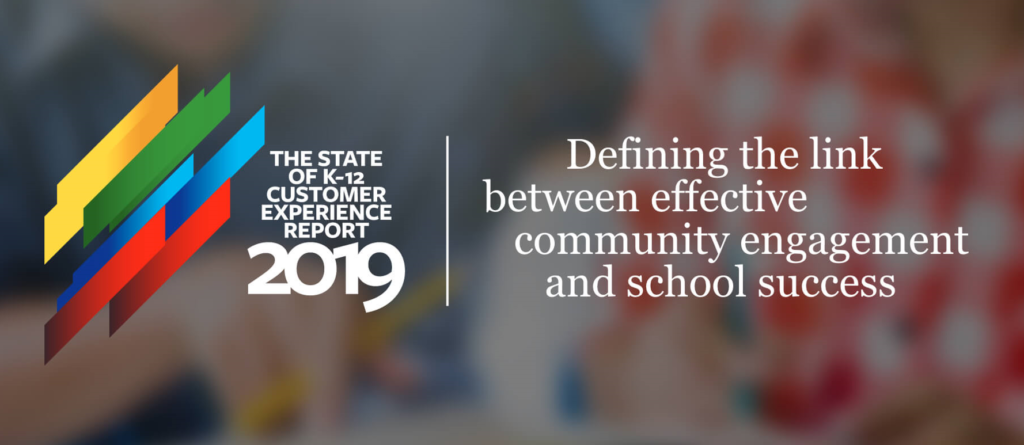
When it comes to connecting with the parents and communities they serve, many school leaders sound like Strother Martin in the movie “Cool Hand Luke”:
“What we’ve got here is failure to communicate.”
That’s the conclusion of nearly half of the 500 school leaders nationwide surveyed in the recently released “The State of K-12 Customer Experience 2019.” Conducted by K12 Insight, a Herndon, Virginia-based school research and communications firm, with support from the National School Public Relations Association and the National School Boards Association, the report solicited input from superintendents, central office staff, building principals and school board members.
Only about half of the participants believed their school district could engage and build trust with parents and community members. Slightly more than half (56 percent) were confident in their ability to effectively communicate with their own employees.
Many parents would agree. According to a 2017 study by Rice University researchers, parents listed family and community engagement as the most important element of satisfaction with their child’s school — and that districts frequently fail to meet their demands.
Only 34 percent of the more than 7,200 public school parents surveyed said they were “very satisfied” with family and community engagement. Only 29 percent believed they had a voice in running their child’s school. Parents also expressed low rates of satisfaction with administration and staff members’ eagerness to ask for input.
According to the K12 Insight survey, educators are well aware of the consequences when trust is lacking – “it often leads to unnecessary distractions and siphons quality resources away from their core focus: educating children.”
School quality doesn’t seem to matter -- even academically strong schools said they struggled to connect with their communities. Not surprisingly, though, size matters -- the bigger the district, the greater the communication gap. School leaders representing districts with fewer than 75,000 ranked their customer service quality higher than those from school districts with 75,000-plus students.
That speaks to the unwieldiness of large bureaucracies and centralized systems. There’s ample anecdotal evidence – perhaps your own experience – of parents expressing frustration with an unresponsive administration, and navigating red tape. Even well-meaning administrators who would like to help might feel overwhelmed.
Another contributor: state legislatures that impose layer upon layer of regulation on districts, so that schools become more accountable to lawmakers than they are to parents. If schools had fewer top-down mandates to comply with, they might have more flexibility to connect with their communities. And if parents had more control over their children’s education, school officials might be more receptive to addressing their needs.
Decentralizing education delivery systems and giving families more choices might go a long way toward restoring bonds between educators and parents. The Rice University study found that 50 percent of parents at private schools, and 47 percent of those at charter schools, were “very satisfied” with how their schools communicated with them.
That may be because parents were able to find the schools that best match what they desire for their children – and that those schools are better able to provide them with what they want. Those that don’t won’t last long if enough families go elsewhere.
Certainly, districts can try harder to engage parents (in the K12 Insight survey, 19 percent of school leaders reported that they have no district employee tasked with monitoring customer service quality). More information, more assistance, and more empathy with parents might build more trust.
Ultimately, though, districts face structural barriers to closing the communication gap. They can be overcome by giving parents more say in their children’s education, and better access to the teachers and administrators who deliver it.